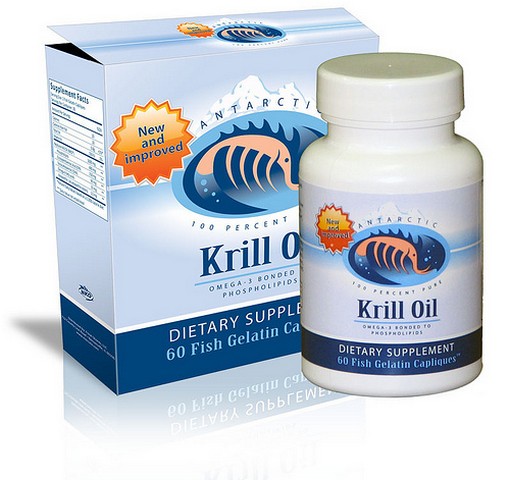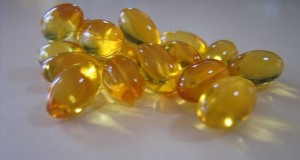
Photo credit: flickr
Krill oil for dogs becomes more popular as krill oil is used more by humans. Krill oil is abundant in omega-3 fatty acids EPA and DHA bonded to phospholipids and in antioxidants such as vitamins E and astaxanthin.
The supplementation with omega-3 fatty acids is necessary for dogs because the balance of omega-6 and omega-3 fats is essential for a pet’s healthy life. Nowadays, dogs eat too many omega-6 fats from food and they cannot produce omega-3 fatty acids. So it is important for them to achieve omega-3 fatty acids from nutrition to maintain a 4-to-1 ratio of omega-6 fats to omega-3s. That’s why to determine the dosage of krill oil for dogs vets recommend to balance the intake of omega-6 essential fatty acids.
Contents
Dosage
A healthy dog on a balanced diet needs near 150 mg of krill oil daily. If the dog eats too many products high in omega-6 the dosage of krill oil is raised. The products abundant in omega-6 fats are:
- Chicken or dog food with chicken;
- Processed food or food from human table;
- A large amount of vegetable oils;
- Wheat products and bread.
If the dog has some inflammation processes, arthritis or joint aches the dosage should be higher. Then a dog should receive about 1000 mg of krill oil; consult your vet for the optimal dosage.
SEE ALSO: Wheat Germ Oil for Dogs
Benefits of krill oil for dogs
If your dog is healthy, krill oil will help maintain the health and prevent future possible problems with joints, heart or skin, according to Krill Oil for Dogs.
- Improve dogs’ response to environmental stressors
- Increase prostaglandins production that support the immune system
- Ease joints and muscles pains and prevent inflammation in joints
- Keep up healthy renal function
- Keep up ear and skin health (Read more about krill oil benefits for humans)
Fish oil vs krill oil for dogs
Is krill oil better than fish oil? Krill oil for dogs has several advantages over fish oil. Krill oil is absorbed easier and faster, so dogs usually need less oil to have the same benefits. Krill oil provides strong antioxidant protection due to astaxanthin that helps fight free radicals. Moreover, it prevents omega-3 fats from oxidation. Krill doesn’t accumulate heavy metals. Krill phospholipids contain choline, necessary for dogs as it helps transfer nerve signals to the brain, makes dopamine essential for brain functioning, keeps up brain development and dogs’ memory. Recent researches confirm the effectiveness of choline for dogs and cats cognitive functions.
RELATED: Neem Oil Benefits: Is it Beneficial for Dogs?
How to feed
You can simply give a krill oil gel capsule to the dog. If a dog cannot eat the whole capsule, you may squeeze the capsule and pour krill oil into the dog food. Use all krill oil from the capsule as it becomes less valuable as soon as the capsule is opened.
Precautions
Krill oil for dogs acts as an anticoagulant and it may lead to longer bleeding. Avoid feeding your dog with krill oil before any surgeries. Find out other krill oil side effects.
 Oilypedia.com – Benefits And Uses Of Supplemental and Essential Oils
Oilypedia.com – Benefits And Uses Of Supplemental and Essential Oils 


